Food plays a large part in our Christmas celebrations, but unfortunately many of the foods that feature during the season are hazardous, and in some cases poisonous, for pets. It’s always best to stick to their regular diet and keep foods and treats out of reach of little paws so they can’t help themselves.
The top 9 foods to keep out of reach of pets at Christmas are:
Chocolate

It’s not just open boxes to be wary of. Dogs will soon sniff out a chocolate decoration or wrapped chocolates under the tree, or an unguarded box of chocolate biscuits.
Contact us urgently if you think your dog has eaten chocolate.
Alcohol

Alcohol can cause an array of serious health problems, the most common symptoms being vomiting, depression, visible dizziness and breathing difficulties. Make sure filled glasses are kept out of reach.
Raisins and Grapes
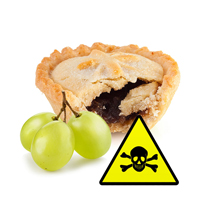
These are highly toxic to pets and can cause kidney failure if they’re eaten, even a just one raisin can be highly toxic in sensitive animals.
Keep Christmas cake, Christmas pudding, fruitcakes and sweet mince pies well out of paws’ reach.
Onions and Garlic
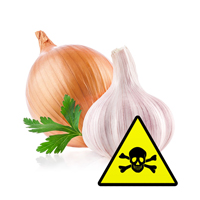
These ingredients are known to cause stomach and red blood cell damage to pets. Be careful while you cook: it’s worth keeping your pets out of the kitchen in case you drop anything. Be sure to have a good clean up (especially of the floor) before letting them come back in.
Macadamia and Other Nuts
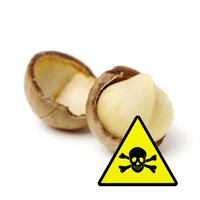
Certain types of nuts, macadamia nuts in particular, can cause our pets to suffer vomiting, depression and hyperthermia if they eat them.
Xylitol - Artificial Sweetener
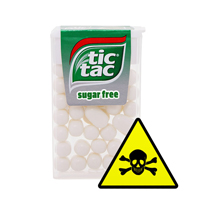
Xylitol is found in most sugar-free treats such as chewing gum, sweets and some types of peanut butter. It can also be used in toothpaste/mouthwash and in certain baked goods. If your pet ingests any such product, they’re at risk of vomiting, general discomfort, seizures and even death. Seek urgent veterinary advice.
Fatty Foods
Although it's tempting to feed pets the leftovers it's not good for their digestion, and a pet with an upset stomach is the last thing you'll want as you sit back to relax after your Christmas dinner. It’s worth steering clear of turkey skin and sausages. When eaten in large quantities fatty foods can lead to pancreatitis and obesity.
Cooked Bones

You should avoid giving cooked bones to your dog because they are known to split, sometimes scratching or getting lodged into the throat, sometimes causing slab fractures of their teeth.
Raw bones, which can also cause salmonella, are equally dangerous.
Blue Cheese
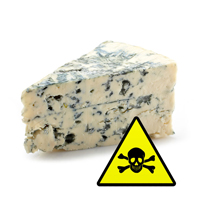
The Christmas cheeseboard might look harmless but cheese contains enzymes that dogs have difficulty breaking down. Blue cheeses are particularly dangerous as many contain roquefortine C, which dogs are especially sensitive to. This can cause vomiting and diarrhoea and tremors, twitching, seizures and high temperature if eaten in large doses.
Seek emergency veterinary advice if you think your dog has eaten blue cheese.